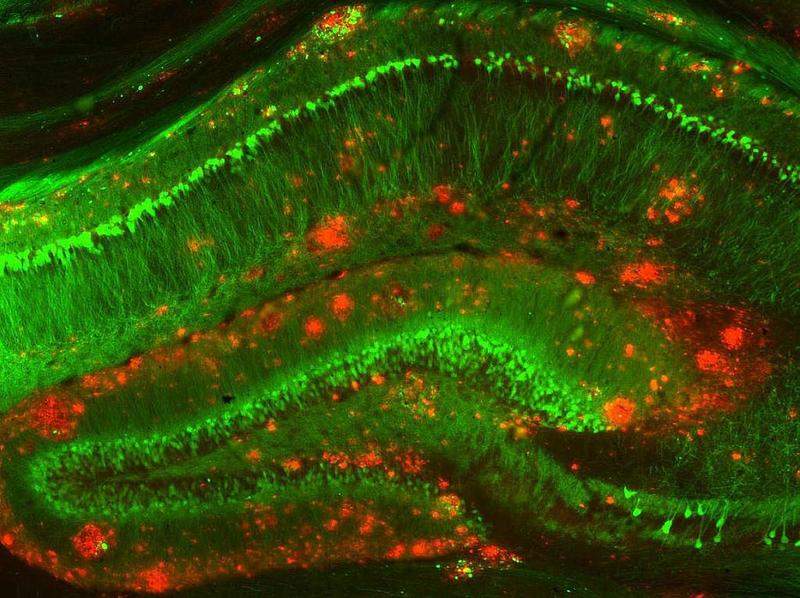
The National Institute on Aging (NIA) at the National Institutes of Health (NIH) is funding new clinical trials consortium formed to enhance studies for treatments in Alzheimer’s disease and associated dementias.
Under a cooperative agreement, NIA is also set to offer scientific input to the new Alzheimer’s Clinical Trial Consortium (ACTC).

Discover B2B Marketing That Performs
Combine business intelligence and editorial excellence to reach engaged professionals across 36 leading media platforms.
With an infrastructure of 35 sites across the US, the consortium aims to accelerate recruitment diversity, expand research and advance site activation for trials designed to treat and prevent the diseases.
The consortium will be jointly led by the University of Southern California Alzheimer’s Therapeutic Research Institute (ATRI), Harvard-affiliated Brigham and Women’s Hospital and Massachusetts General Hospital and Mayo Clinic.
NIA will provide approximately $70m to the ACTC over a period of five years, and funds will be separately offered for specific trials scheduled to start from early next year.
It is estimated that the consortium would conduct around five to seven trials during the five-year duration.

US Tariffs are shifting - will you react or anticipate?
Don’t let policy changes catch you off guard. Stay proactive with real-time data and expert analysis.
By GlobalDataNIA director Richard Hodes said: “We have reached a critical juncture in Alzheimer’s and related dementias research, with new and exciting opportunities to build upon what we have learned.
“The ACTC will provide vital infrastructure, centralised resources and shared expertise to help us more rapidly and optimally test new treatments.”
In addition to design and performing of trials, the ACTC will be responsible for prevention initiatives and combination studies for advanced symptomatic stages of Alzheimer’s and related dementias.
The consortium has established a coordinating centre at ATRI and ten units with staff to manage different aspects of trials such as biomarkers, biostatistics, operations and recruitment.
Its recruitment unit will include a Minority Outreach and Recruitment Team to utilise new recruitment approaches for supporting central and local partnerships.




